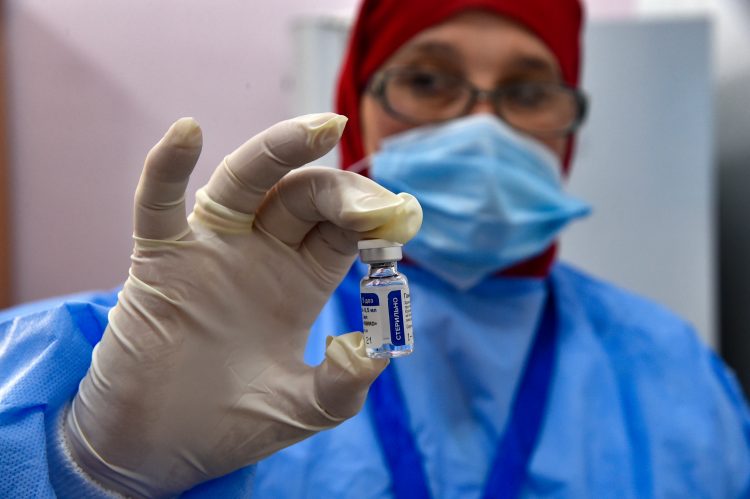
Prime Minister Andrej Plenkovic said on Wednesday the government had held initial talks with the Russians on the Sputnik V COVID-19 vaccine.
“If that vaccine is approved by the European Medicines Agency (EMA), we want to be in the position to make up for the current lack of vaccines,” he told the press when asked if Croatia, like Hungary, would introduce Sputnik V.
‘Lots of cacophony concerning the Russian vaccine in the media’
Noting that there was lots of “cacophony” concerning the Russian vaccine in the media, Plenkovic said that in recent months the government had been working on ensuring sufficient COVID vaccines for the whole population.
He mentioned 1.9 million doses of Pfizer’s vaccine, a million doses of Moderna’s, 2.8 million of AstraZeneca’s and 900,000 of Johnson & Johnson’s vaccine, which he said had started the registration procedure given that all vaccines were verified by the EMA.
“Croatia is a member of the European Union. The procedure of protecting the health of our fellow citizens is additionally strengthened by the fact that all medicines and vaccines arriving on our market pass through the filters and controls of the European Medicines Agency, and the Croatian Agency for Medicinal Products and Medical Devices (HALMED) participates in that.”
He said Croatia was now in the position that, through no fault of its own, the distribution of the vaccines had slowed down at EU level. Therefore, he added, the government wants to see the options for the possible procurement of vaccines, like Sputnik V, that may be available.
Plenkovic said the foreign and health ministries would put questions and demands to the Russians, adding that Russia was in contact with the EMA at the level of a scientific committee and that HALMED would be involved.
“If it happens that Sputnik gets the EMA’s approval at the same time, we want to be in the position to have reserved certain doses on time so that we can de facto fill the gaps that currently exist, although the announcements… for the end of February and March are good, about 600,000 vaccine doses, and much more in April and May.”
Plenkovic said the government wanted to be responsible regarding people’s health and safety. He elaborated that when a vaccine or medicine approved by the EMA was “available on the Croatian market, the manufacturer is responsible for its quality or possible side effects.”
“But if medicines are without certificates, then the state is responsible, and we definitely don’t want to be in the situation to have on the market something that hasn’t been checked and isn’t reliable,” he added.





Kakvo je tvoje mišljenje o ovome?
Budi prvi koji će ostaviti komentar!